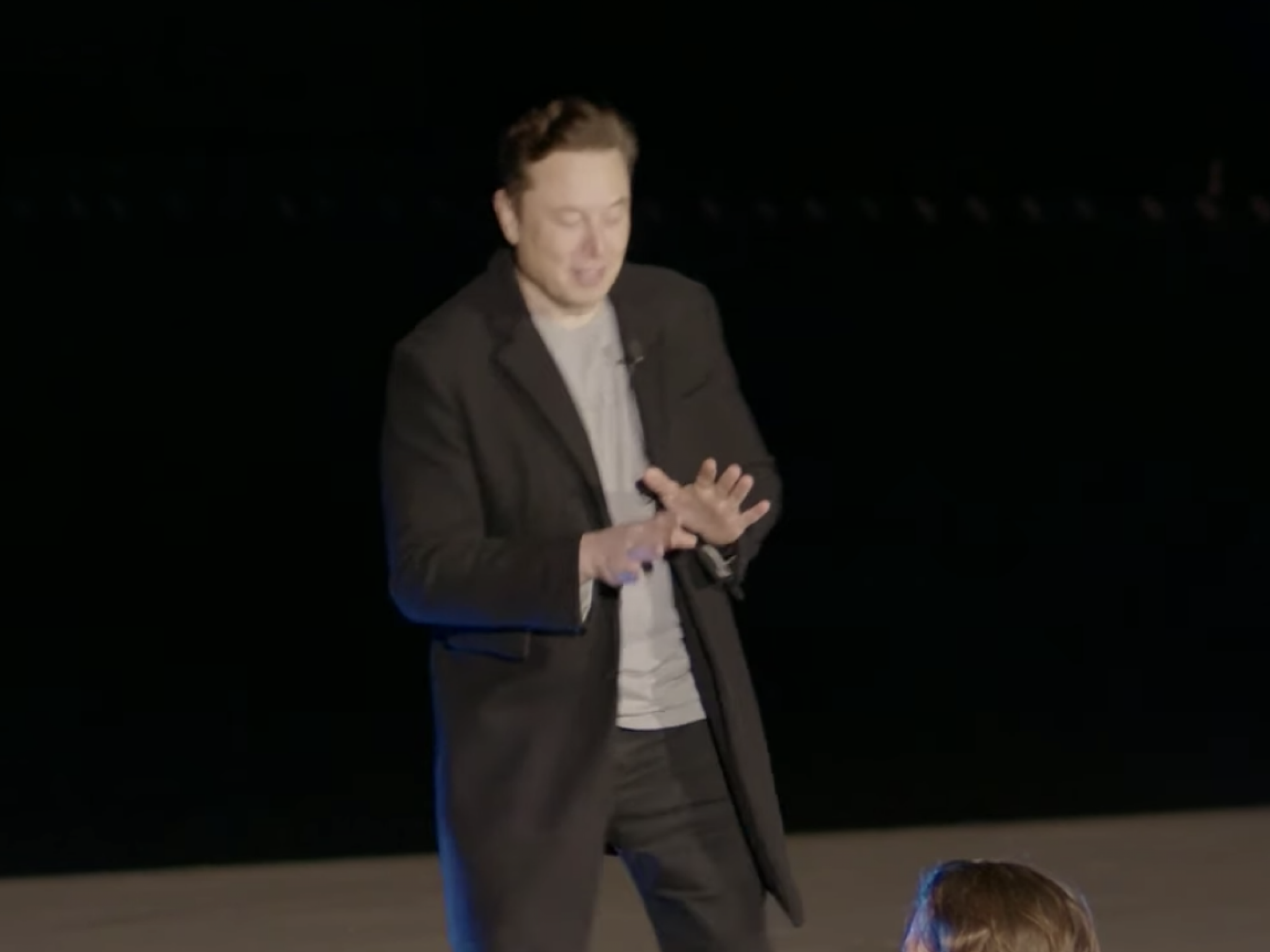
Tesla Inc (NASDAQ:TSLA) and SpaceX CEO Elon Musk said on Thursday the rapidly reusable Starship rocket that the space company is building would reach orbit before the end of the year.
What Happened: The billionaire entrepreneur showcased the updated massive, reusable rocket at the South Texas launch site at Boca Chica and said the company hopes to secure key approvals from the U.S. Federal Aviation Administration (FAA) next month.
Musk, who dreams of colonizing Mars, reiterated the need for life to become multi-planetary during his presentation at the Starbase, which provided a look at the Starship, Super Heavy boosters and the Raptor 2 engines.
“Eventually, the sun will expand in a few hundred million years and destroy all life,” Musk said. “It is very important that we become multiplanetary species and ultimately even go beyond the solar system.”
The world’s richest person showed the Raptor 2 engine, which he said generates more than 230 tonnes of thrust at sea level, up from Raptor 1’s 185 tonnes, and said further improvements are expected.
“With Starship, we are aiming for full and rapid reusability,” Musk said, adding that Falcon 9’s reusability has already shown how it is done.
Rockets from the Falcon 9 family have completed 144 missions. The reusable rocket is capable of landing back on base minutes after launching the payload towards space.
Musk spoke of a future where the Starship would be ready for reuse in six to eight hours and capable of being launched three times a day. “This really is designed for rapid reusability.”
Pack Your Bags For Mars: Musk focused on Starship’s capability to send massive payloads to Mars, a move that will be key towards making life self-sustainable on the red planet.
"Starship is capable of getting a million tonnes to the surface of Mars and creating a self-sustaining city,” he said.
See Also: SpaceX's Starship Orbital Debut Pushed To March As FAA Flooded With Public Comments
Musk had in July last year said SpaceX is developing a fully-reusable Starship that can deliver a payload of around 150 tonnes to low Earth Orbit and about 250 tonnes when expendable.
Orbital refilling would be key to getting to Mars.
Musk, who had last year said SpaceX will land humans on Mars in five to 10 years, ended the presentation with a new video of Starship's potential.
A fully and rapidly reusable launch vehicle is key to a future in which humanity is out exploring the starshttps://t.co/HJJLlJONoq
— SpaceX (@SpaceX) February 11, 2022
Starship’s first flight to orbit would be followed by many more such flights throughout the year.







